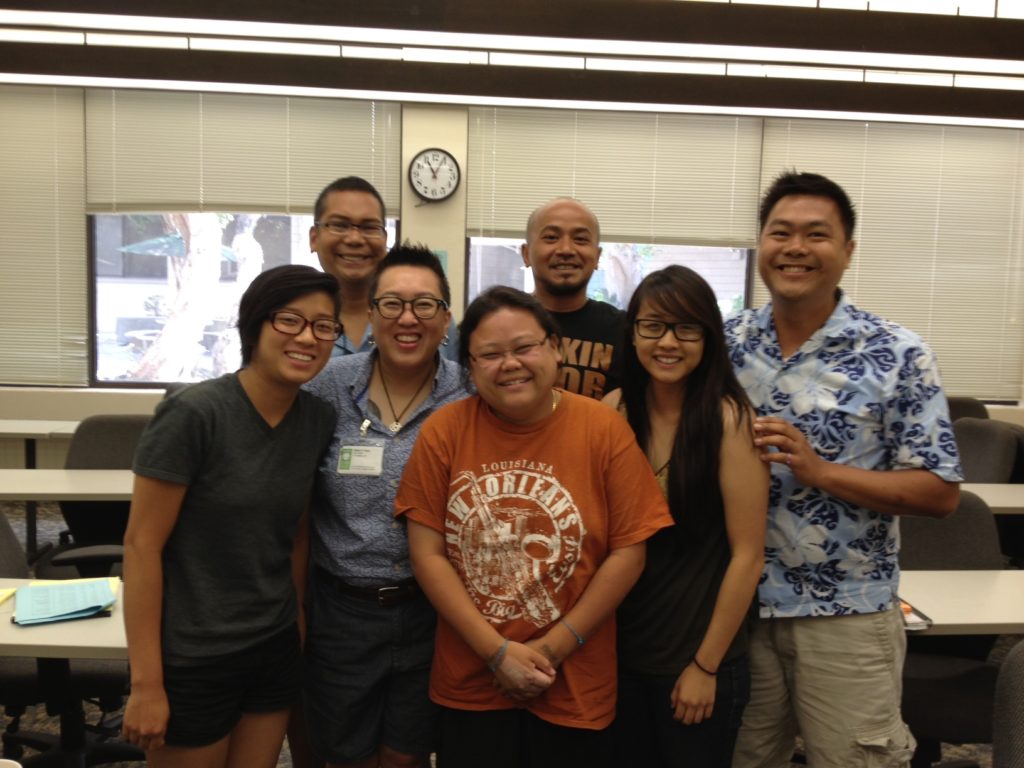
By: Laila Mehta, Director, Civic Engagement Fund
In July, I had the privilege of attending the National Queer Asian Pacific Islander Alliance’s (NQAPIA) leadership summit for leaders of lesbian, gay, bisexual, and transgender (LGBT) Asian American, South Asian, Southeast Asian, and Pacific Islander (AAPI) organizations. In an effort to walk the talk on Pacific Islander (PI) inclusion and educate the mainly Asian American participants of their gathering, NQAPIA worked with Native Hawaiian and PI institutions and people to host special sessions for Pacific Islander LGBT leaders and students, and to provide educational opportunities for the rest of us to better understand the context for Native Hawaiians and Pacific Islanders.
Prior to this gathering, I was already somewhat familiar with NQAPIA and a few local AAPI LGBT organizations through AAPIP’s Queer Justice Fund BRIDGE program that builds their organizational and collective capacities via trainings, webinars and convenings. The five groups participating in QJF BRIDGE have a collective desire to build strategic alliances that address complex community concerns as well as heighten advocacy momentum that incorporates the voices and political vision of AAPI LGBT people. They support and use each other’s values, assets, and approaches to identify pathways to move forward together.
What struck me about the NQAPIA convening, which included these five organizations and many more groups and leaders from around the country (and beyond) who are not staffed yet staunchly committed to building a movement, was the authentic desire to understand one another, to acknowledge the inconsistencies or tensions that emerge when coming together, and to seek ways to build trust that long-term collective change requires. I felt like a community was building that was there for each other in ways I had not witnessed before, and all the while recognizing differences and divergences.
NQAPIA brings local leaders from around the country to network, learn about current issues, share strategies, and build the infrastructure of their organizations at these annual leadership summits. Their success is largely based on the ability of their members and network around the country to feel connected, to be engaged and invested, and to be heard. Next year they plan to hold regional summits, in order to allow regions to be more connected and build agendas that make sense for their geographic locales. Judging from the high notes that this year’s summit ended on, I can only anticipate great outcomes for what is to come.
As an ally, I’d like to work with others to support the work of NQAPIA and other LGBT groups who are committed to building a movement that strives for equality and authenticity while embracing imperfections as opportunities to stretch and grow. Who’s in?
